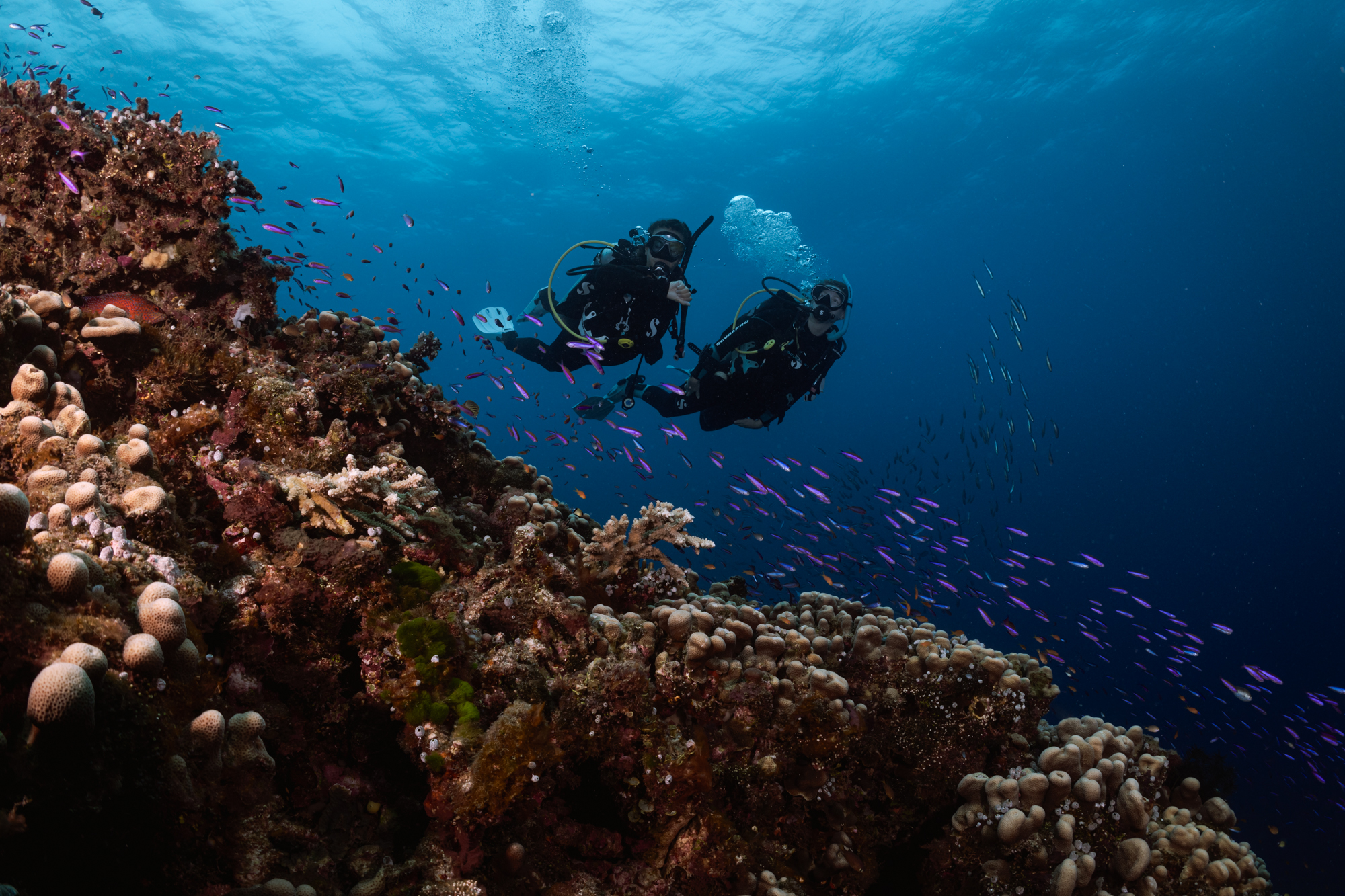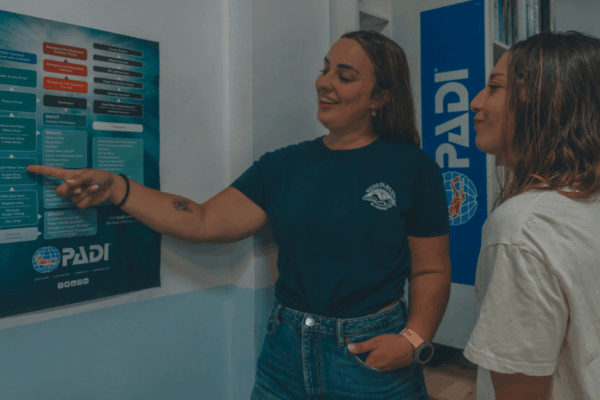What exactly are Facebook Groups and why do I need one for my business?
Facebook Groups are a place for users to communicate about shared interests and to connect with like minded people. They help you to build a community around your brand and give you a direct line to your customers. Facebook Groups give you a chance to show your expertise, as you will be able to answer member questions in front of the group forum, in addition, they will allow your customers to interact and connect with each other. This will then allow you to be the moderator and also take off the pressure of being the only one that adds posts/topics for discussion.
‘But I already have a Facebook Page, why do I need a Facebook Group?’ is a phrase you might be asking, but hear us out. In 2018, Facebook changed its algorithm so that the newsfeed placed focus on “posts that spark conversations and meaningful interactions.” In practical terms, this means Facebook is putting emphasis on ‘community’ (groups and events) and pulling the focus away from pages. Many brands have been seeing a drop in organic reach on their pages as a result of this. Creating a group is a fantastic way to side-step this change and reach customers without being confined by Facebook’s community-focused algorithm.
How do I start my own Facebook Group?
Now that you have a handle on why Facebook Groups are important, you need to know that there are three types of groups you can create:
Public – members can search for and join your group without approvals, and users who are not in your group will be able to view all posts and a list of members and admins. As there is no vetting process for members, public groups can be difficult to moderate and can sometimes lose control.
Closed – these show up in search, but members must request to join and be approved by the group’s admins or moderators. PADI’s Facebook Group Divers Around the World is an example of this.
Secret – these do not show up in any search results and members can only join by being physically invited by admins, or members and approved by admins. An example of this could be your business’ dive club group. This type of group gives customers a sense of belonging to something special.
Once you have decided on the kind of group you would like to create, you can follow Facebook’s instructions. Don’t forget add a cover photo and group description. This is also a good time to decide on any group rules you would like to implement – an important step, as creating clear rules will help to build your community culture and prevent conflict.
What is a moderator and should I utilise one for my group?
One thing we absolutely love about Facebook Groups is that when they are being run optimally, they will run themselves. What we mean by this is, once your group members are asking and answering each other’s questions as well as sharing images, that is one less thing you will need to do! Once you reach this stage we recommend you post in your group once or twice a week and engage with the community for a couple of minutes each day.
If you do not have the time for this, you can utilise your most engaged members to help you maintain the group by asking them to become a moderator. Moderators will be able to assist you with managing membership requests, engaging with the community and reviewing published content to ensure it stays within your community’s guidelines. If you would prefer your moderator to be dive centre staff, why not assign the task to one of your Instructors, especially if they are the expert in that field. For example, if you have a freediving group, ask your Freediver Instructor to be the moderator.
Can I participate in other Facebook Groups as my business page?
If you already have your Facebook Group/s set up or do not have the time to create your own, remember, you can also create engagement and brand awareness on groups that exist already. You can join any other Facebook Groups as your business page you would like and take the time to engage with users outside of your existing network.
If you decide to create posts in groups that you do not admin, it is important that you follow the group guidelines. As a rule of thumb, remember that you should not post to promote your business directly, simply post some interesting marine facts, photos of your dive sites or any videos you have – be subtle!
Alternatively, you can create engagement and interact with the communities by commenting on other posts, asking users questions, as well as showcasing your expertise by answering questions on other users’ posts.
Do you have any examples you can share?
We sure do! Now that you are ready to create your own Facebook group, here are a couple of ideas we love:
- Divers of [Location XYZ]
- Fun Diving in [Location XYZ]
- Tec Diving in [Location XYZ]
- IDC Candidates from [PADI Dive Centre/Resort XYZ]
One last thing that we would like to mention, it is important to ensure that you are not duplicating any existing groups. If a similar group exists that you were planning on creating, consider diversifying. For example, if ‘Divers of [Location XYZ] already exists – you could create ‘[Location XYZ] Freedivers’ instead.
Although it might feel like creating a Facebook Group is going to be additional work, if you take on board our tips and in addition delegate a moderator, a group will only add to social media engagement and in turn, develop additional business. Check out What PADI is currently doing and get some inspiration for your own Facebook Group by joining Divers Around the World, Dive Travel and Learn To Dive.
If you have any questions, please contact our marketing team at [email protected].




